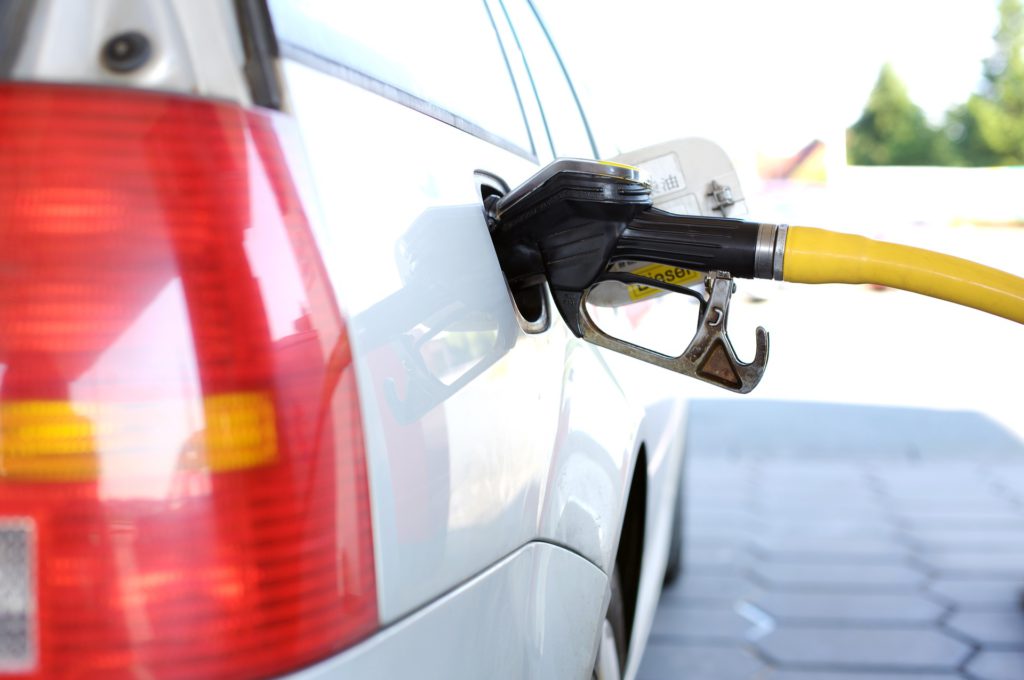Diesel residual value drop in Germany could lead to massive losses
18 June 2018

18 June 2018
The diesel crisis could lead to three-digit million losses due to leasing returns, thanks to the value of vehicles dropping following demonisation and governmental restrictions on the technology.
Industry association ZDK has published its Business Climate Index, and presenting it at an event in Stuttgart; boss JÜrgen Karpinski highlighted what issues the diesel market faces. From the beginning of May to the end of August 2015, 73,500 diesel Euro 5 vehicles were leased in Germany. These vehicles are currently threatened with driving bans in cities thanks to recent court rulings.
Theoretically, these vehicles still have a residual value (RV) of €15,110. However, they can only be sold at a discount of up to 50%, as a survey ZDK took among dealers revealed.
′If we take the average of 30% deductions as a basis, this means that trade between May and August of this year with losses in the amount of about €330 million expected,’ said Karpinski.
To stabilise the value of the Euro 5 diesel, the ZDK has been calling for the hardware retrofitting of these vehicles since May 2017, according to Karpinski. The fact that such retrofits, which would mean new exhaust components being used on these vehicles, had been proven by tests of the suppliers and Germany’s ADAC with different systems.
′If you want to voluntarily clean up your older diesel vehicle with hardware, you should be able to rely on a legally compliant system and be spared driving bans,’ says Karpinski.
′This is what I recently called for in a letter to the Federal Minister of Transport.’ Only then will diesel vehicles with their fuel-efficient and climate-friendly power become valuable again, freeing diesel owners, commercial fleet operators and, above all, the small and medium-sized car dealerships involved in an otherwise hopeless situation.’
Manufacturers are against issuing recalls for hardware retrofitting, stating that the costs are prohibitive. Software retrofits, which are already underway, cost less as they do not require any physical parts or re-engineering.
However, ZDK Vice President Thomas Peckruhn has said he does not accept the manufacturers’ argument that parts and software would have to be elaborately redeveloped, tested and approved for at least two to three years. ‘At Volkswagen, for example, a Passat with or without SCR catalytic converter and AdBlue tank was on offer, which means that the technical solution including the parts and the necessary installation space are available.’
Karpinski added: ′It is completely incomprehensible why the manufacturers do not cooperate in retrofitting with hardware. ‘The 15 million diesel drivers in Germany would at least thank them. It is conceivable, for example, a fund into which the manufacturers deposit revenue, which would also have to include foreign manufacturers such as Renault, Mazda or Toyota, whose vehicles would also have not met air quality limits on the road.’
Building a fund is something the German government is considering, hoping it will help to stabilise the diesel market.